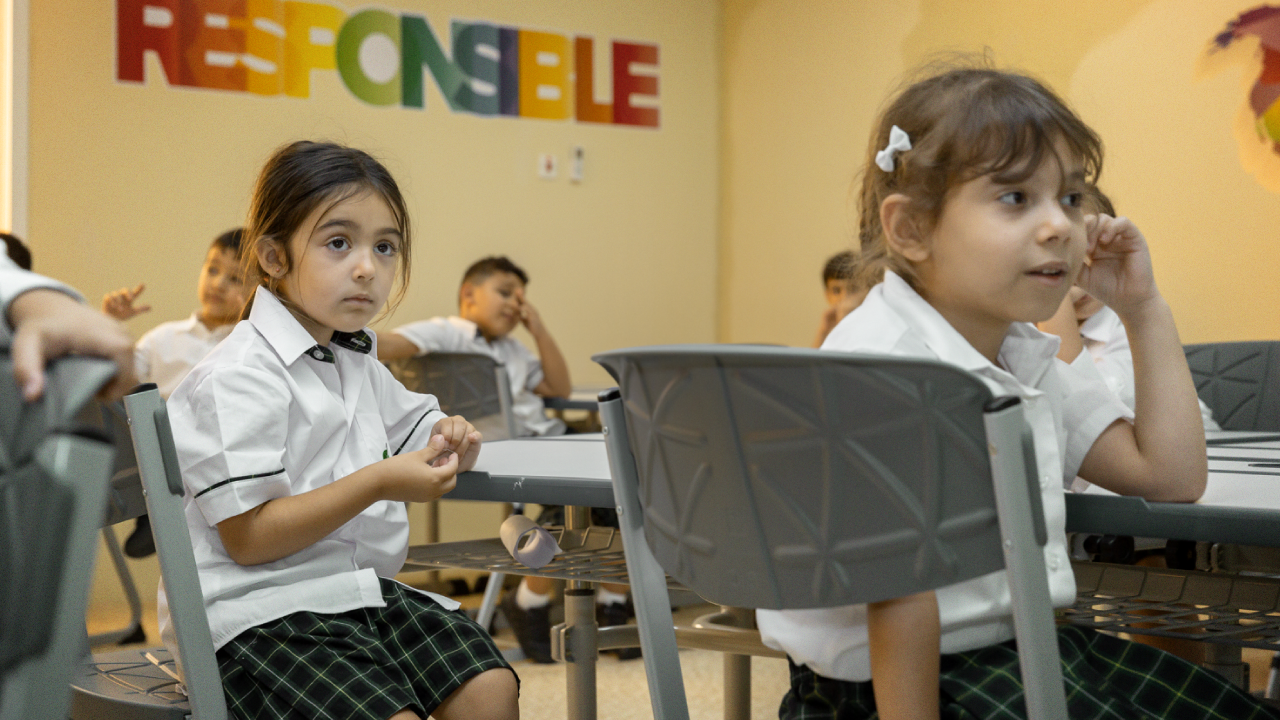"Education is the most powerful weapon to change the world."
Nelson Mandela
At GHERAS International School, we define the curriculum as "what our pupils will learn", not the traditional classification of "what our teachers will teach". This distinction strikes at the heart of what makes GIS different from other schools. We place the individual academic needs of our students at the centre of what we do. GIS broadly follows the British Curriculum, and this policy sets out the principles upon which our school's curriculum has been constructed.
The curriculum is seen broadly as the entire planned learning experience. This includes formal lessons, events, routines, and learning outside the classroom. Although most of the students' traditional learning experiences will be through subject-based classes, the curriculum is also planned and delivered to address several cross-curricular dimensions.

Gheras International School curriculum recognizes that:
- The twenty-first Century demands students to access and use an extensive range of literacy resources.
- Today more than ever, it is necessary to understand that being literate includes the ability to read and write and all the abilities that each human can develop.
- As educators, we must provide our students with the necessary tools to understand, use, and critically evaluate the practices and demands of the global world.
- Young people have, and will have increasingly, greater access to information and learning material independently of school.
- Young people need critical thinking skills to be competitive in the world, address immediate problems, and participate in continuous vocational, personal and professional growth.
- We must prepare students to morally develop several abilities and skills in various contexts, which enable them to enhance their knowledge continually.
- Prepare new generations to succeed in a rapidly changing world as lifelong learners of high moral integrity.
- The current curriculum defined in subject terms is not always well suited to equipping every young person with the knowledge, skills and understanding they will need for a fulfilling adult life.
- Curriculum delivery should involve more significant use of adults other than teachers.








